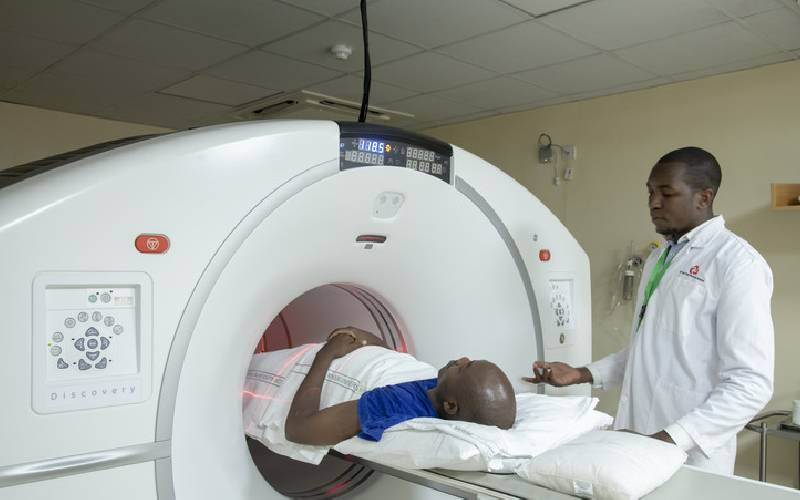
September is Prostate Cancer Awareness Month, a time when we shine a spotlight on our collective efforts to combat prostate cancer and the indispensable role that artificial intelligence (AI) plays in this battle. Prostate cancer is a widespread and potentially lethal disease that afflicts millions of men worldwide. According to the World Cancer Research Fund, it ranks as the second most common cancer in men, with approximately 1.4 million new cases diagnosed each year.
Picture the male body as a complex machine with each part serving a unique function. Among these parts, the prostate gland, nestled beneath the bladder, plays a crucial role in producing a special fluid that aids sperm movement. However, sometimes, things take an unfavourable turn, and the cells in the prostate start growing abnormally. This is what we refer to as prostate cancer-an occurrence where these cells form either a lump or a tumour.